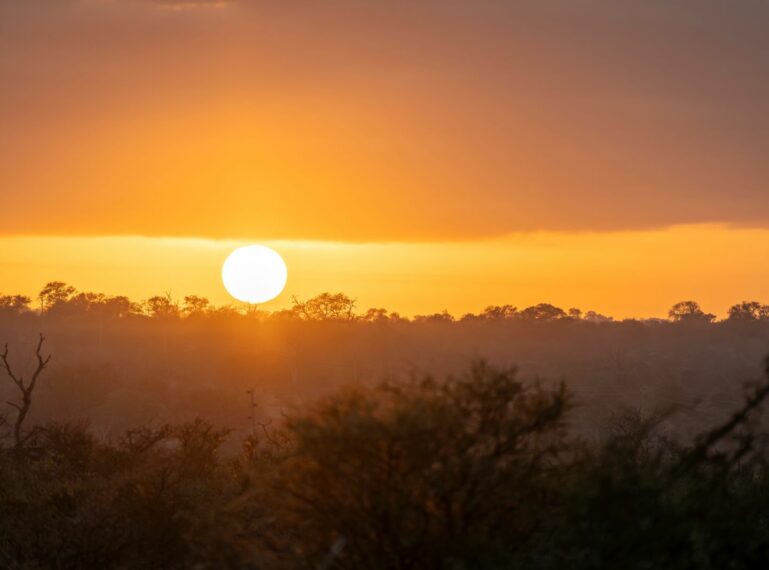
Last week we delivered a series of frequently asked questions that really unpacked the essence of an African safari experience. Today we’re increasing our portfolio of questions to cover aspects such as historical origins, the ultimate length of a safari in Africa, and what to wear on a safari. We’re sure that you have questions about whether jeans are appropriate attire for safaris and whether black is a suitable hue for bushveld breaks (the answer is no). Without further ado, here are the safari questions you’ve been dying to find out the answers to. We’ve broken it into categories to make it easier. Let’s go!
These are our most popular general safari questions
What does the word safari mean?
Safari is a Swahili word from Kenya that means journey. It’s origins are from the Arabic noun safari, which is used when referring to a trip, tour or journey. Back in a bygone era, Kenya had firmly established trade relations with Arab countries. Swahili is a mix of the local language and Arabic.
What do you do on safari?
A safari is a mix of activities that centre around game viewing and exploring the surrounding landscapes. Each camp differs slightly when it comes to their activity offerings, especially when it comes to countries. For example, in Kruger activities are usually two game drives a day and/or a bush walk. In Botswana, at places like Mboma Island Expeditions, you get the best of both land and water based safari experiences. Botswana (especially the Okavango Delta) is ideal for boating on open waters, exploring small channels via mokoro and enjoying game drives in the famed Moremi Game Reserve. When you’re not out on activities, you’ll be spending a lot of time relaxing at camp or sitting around campfires at night in the traditional safari boma.
Why is a safari experience so famous?
Safaris are renowned for close encounters with diverse wildlife, including the Big 5 (lion, elephant, buffalo, leopard, and rhino), and the opportunity to immerse in the untamed rugged landscapes. Safaris are famous because they offer a once-in-a-lifetime opportunity to view mammals, reptiles, birds, and bugs all thriving in their natural habitat. It also gives visitors a chance to experience wide open landscapes of pristine bushveld and mind-blowing sunsets. Nambu Camp is a Kruger camp that certainly knows how to take advantage of stellar sunsets by offering unique sundowner setups. The one thing to remember: you will eat a lot on safari!
What happens on safari?
Each day on safari is different, even if the activity is the same. Activities usually start at first light when predators are most active. Guides and trackers will track predators and listen to the radio for sightings, ensuring guests get the optimal safari experience. When the air gets cooler in the late afternoon, a second activity takes place. Each day on safari holds a new chapter of discovery, with expert guides leading you to remarkable wildlife sightings, sharing their knowledge of the animals’ behaviours and the surrounding ecosystem. Nyala Safari Lodge’s guiding team are experts at tracking and guiding, especially when it comes to traversing their home turf in the Balule Nature Reserve. At Nyala, guests can spend their downtime relaxing on the expansive wooden balcony overlooking the seasonal Mohlabetsi River, a pocket of paradise that draws in a wealth of wildlife.
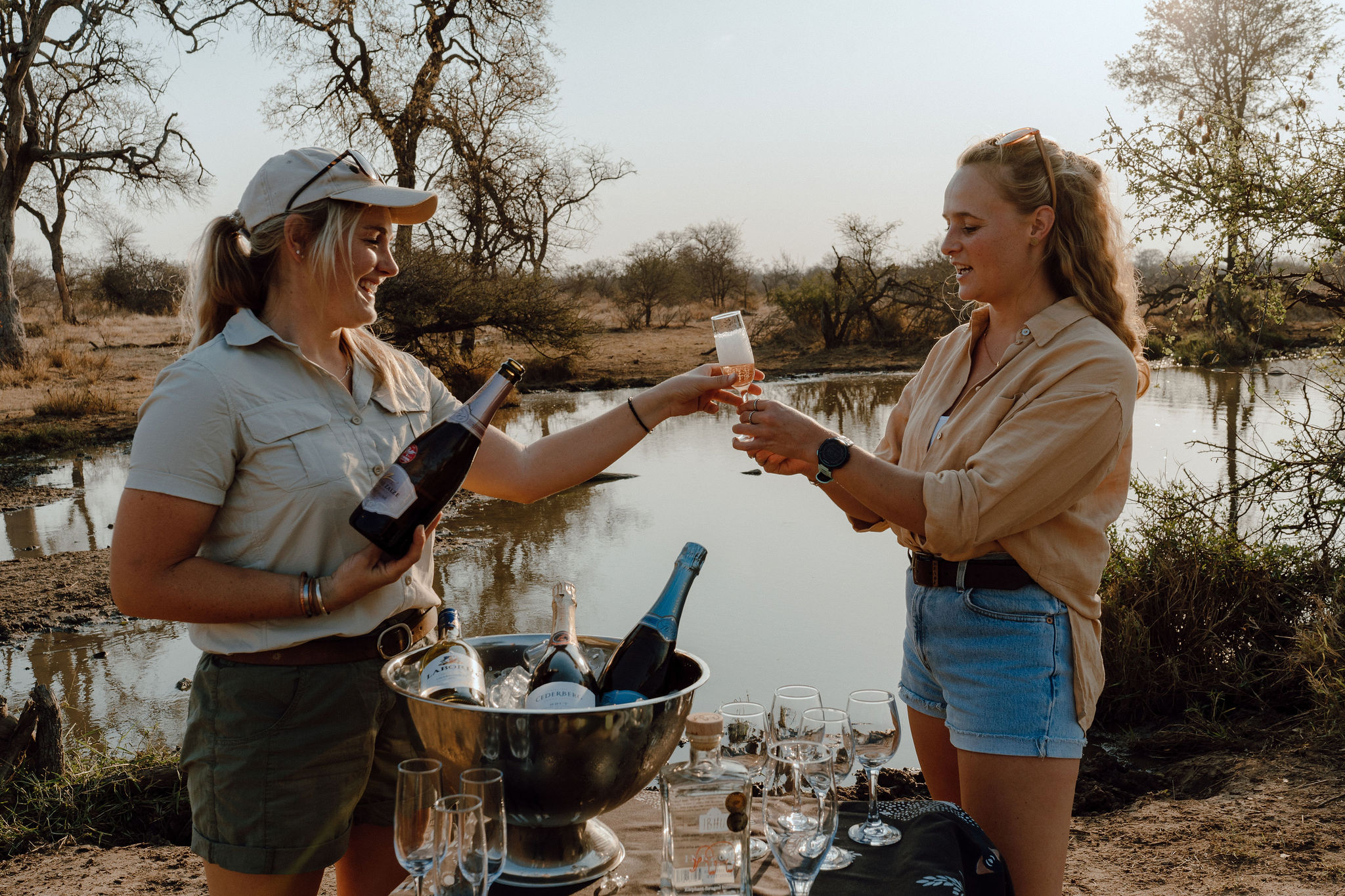 These are our most popular safari questions related to safari preparation
These are our most popular safari questions related to safari preparation
How long is a safari in South Africa?
The average length of a safari in Kruger is about 3 to 4 days. This allows enough time to spot big game as well as the smaller species. This equates to roughly 6-8 game drives and/or bush walks. You’d need to allow for travel time, so always opt for about 4 days. Because the in between times on safari can be sedentary, some people prefer to safari for a shorter period of time-unless the lodge has a host of on-site activities and a gym. For a camp like Chacma Bush Camp, we recommend the 4-day option. Chacma offers game drives, walks up to the koppie behind camp, and an incredible swimming pool where you can swim while watching wildlife congregate at the waterhole in front of camp.
Do you need special clothes for a safari?
You need to alter your wardrobe slightly and dress appropriately for the wilderness. Wear active gear and pack comfortable clothes. You don’t need full scale hiking gear, but typical walking gear is useful. You can bring jeans for the evening time, beanies and jackets for the crisp early mornings, swimming gear for camp’s with pools, and lightweight clothing.
What colours not to wear on safari?
Opt for earthy tones to seamlessly blend into the environment. Avoid colours like black and navy blue, as these are known to attract mosquitoes and bugs. Never wear bright colours or anything neon.
Can I wear sandals on an African safari?
You can wear sandals while relaxing around the pool or walking around the camp/lodge. When your feet hit the bushveld or wilderness soil, open shoes are best avoided! There are snakes, spiders, scorpions and ants that bite.
Where do most people go on safari in Africa?
Botswana and Kruger are popular choices. The Kruger is easily accessible and can easily be combined with a beach holiday to Cape Town. Botswana is home to the UNESCO World Heritage Site, the Okavango Delta, and offers the best of both land and water based safari experiences. The prices vary from country to country and camp to camp. Safari goers frequently consider budget before choosing a destination or camp. Here are a few examples of the cost involved in a safari in Africa:
- Nambu Camp: Full board at R3,750.00 per person per night, inclusive of accommodation, all meals, and two daily game drives, teas & coffees.
- Chacma Bush Camp: Full board at R5,050.00 per person per night, covering all meals, game drives, bush walks, and teas & coffees.
- Nyala Safari Lodge: Full board at R7,200.00 per person sharing per night, including two daily game drives and teas & coffees.
- Mboma Island Expeditions: Green Season ($690), Shoulder Season ($690), High Season ($805) packages include all meals, game activities, teas & coffees, park fees & taxes, and local beverages
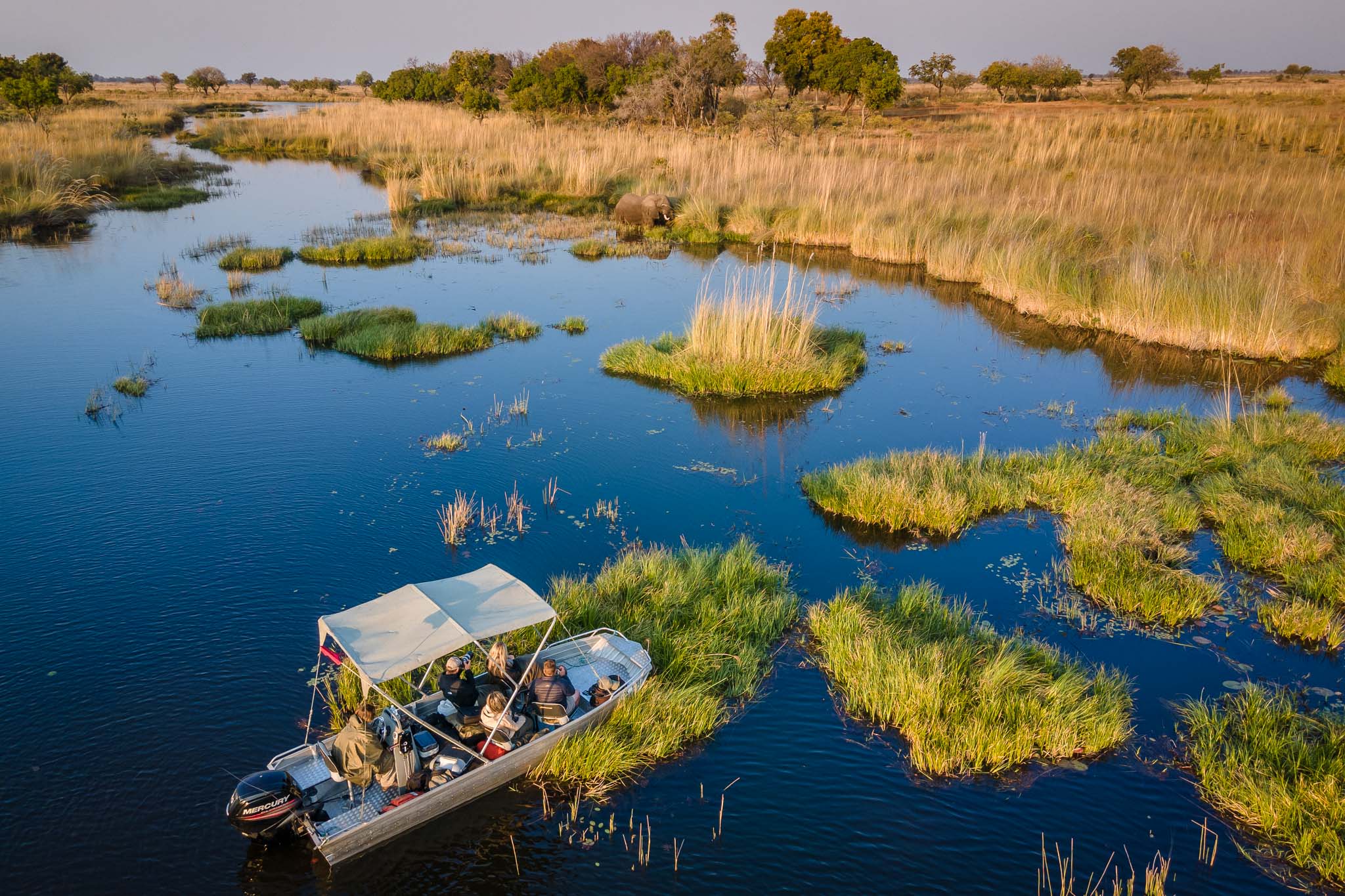
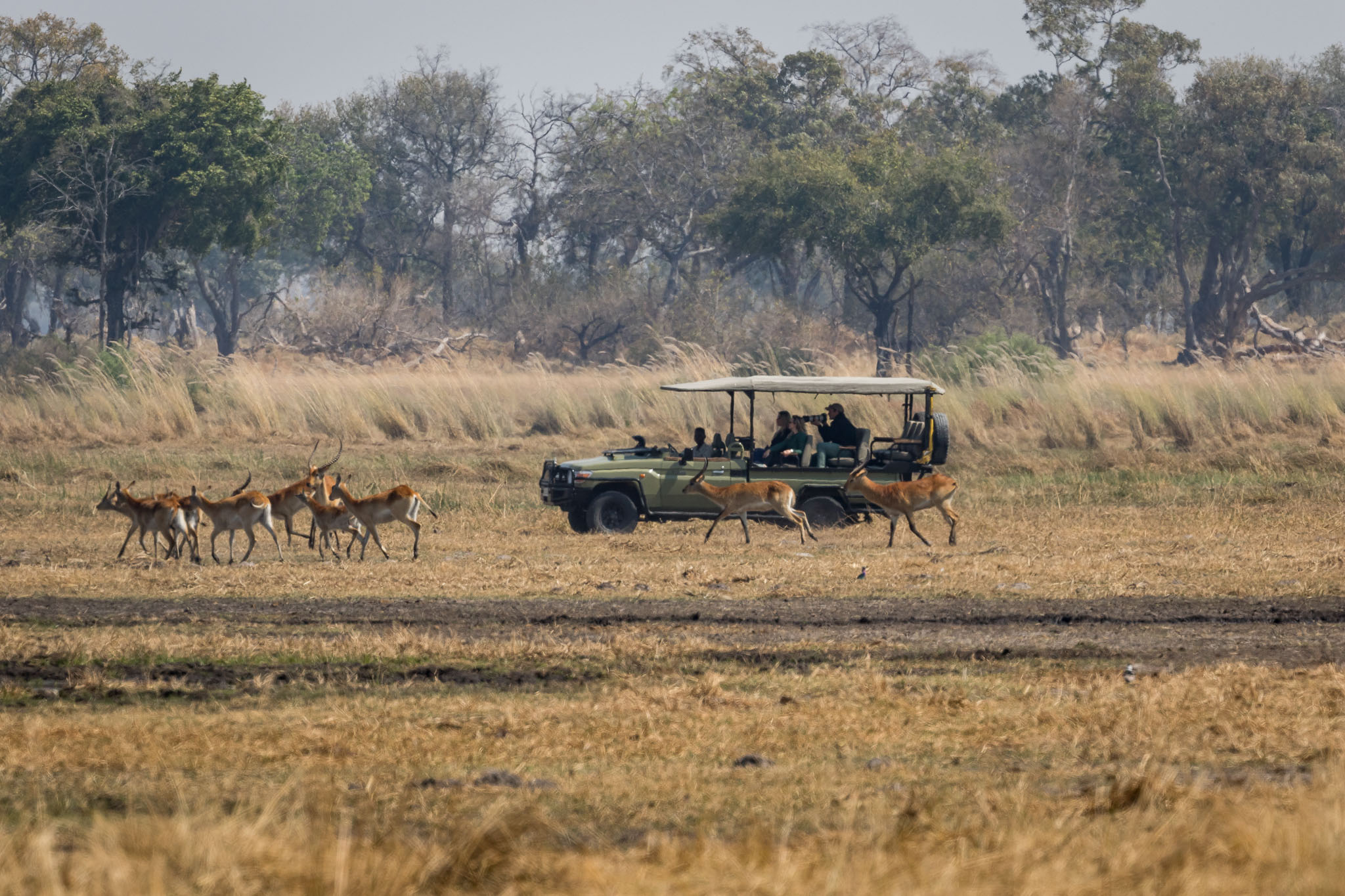
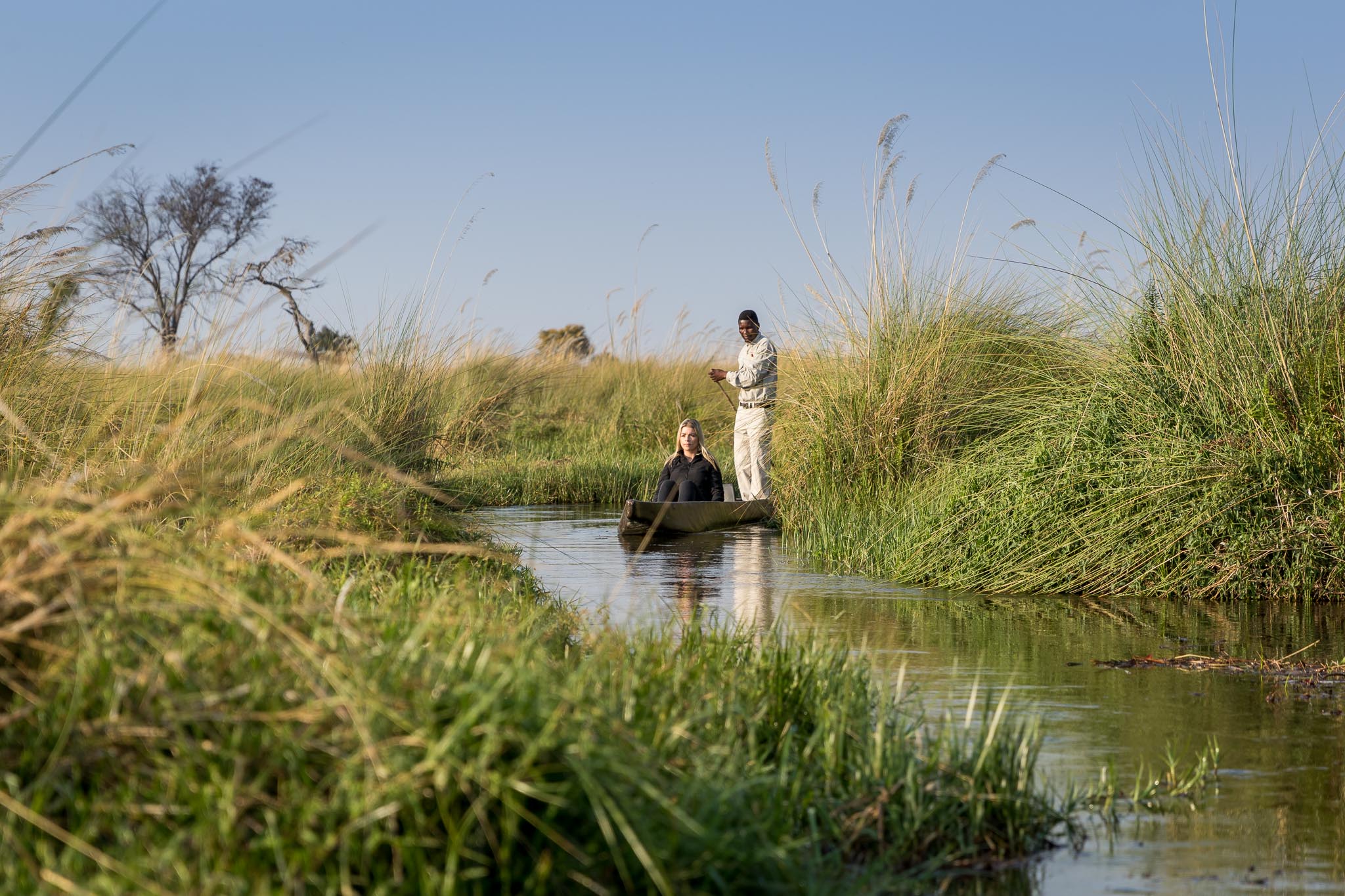
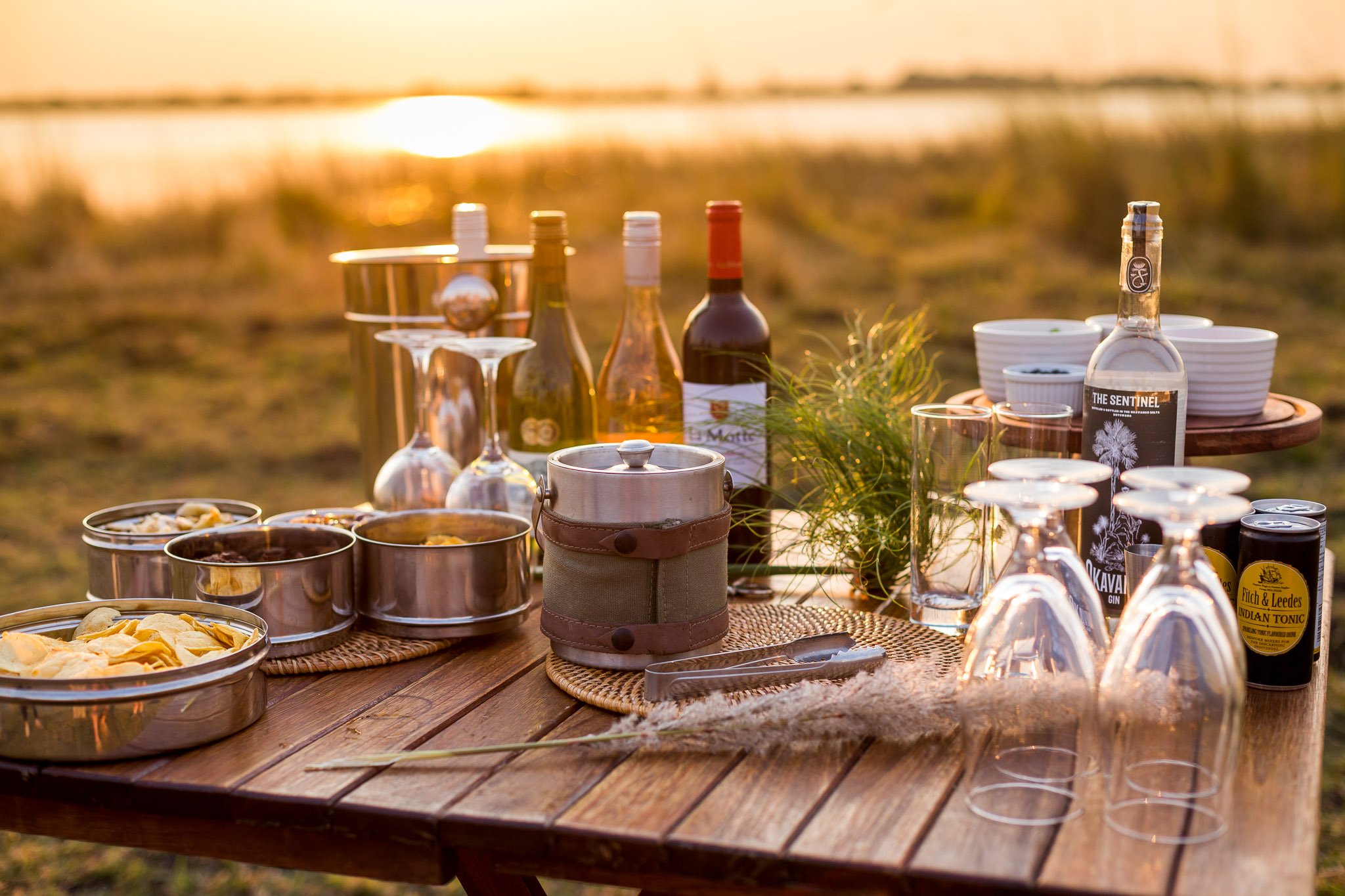
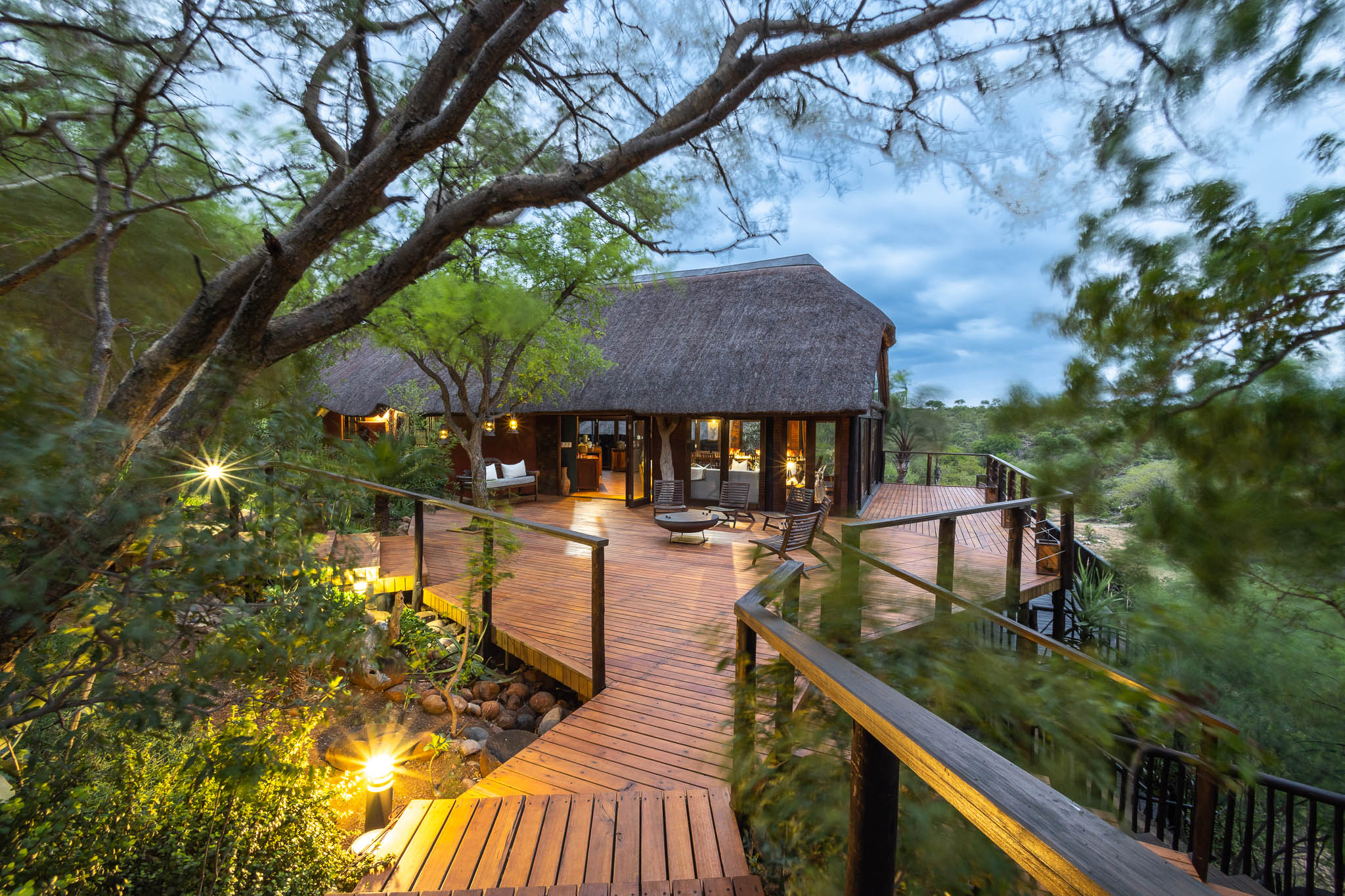
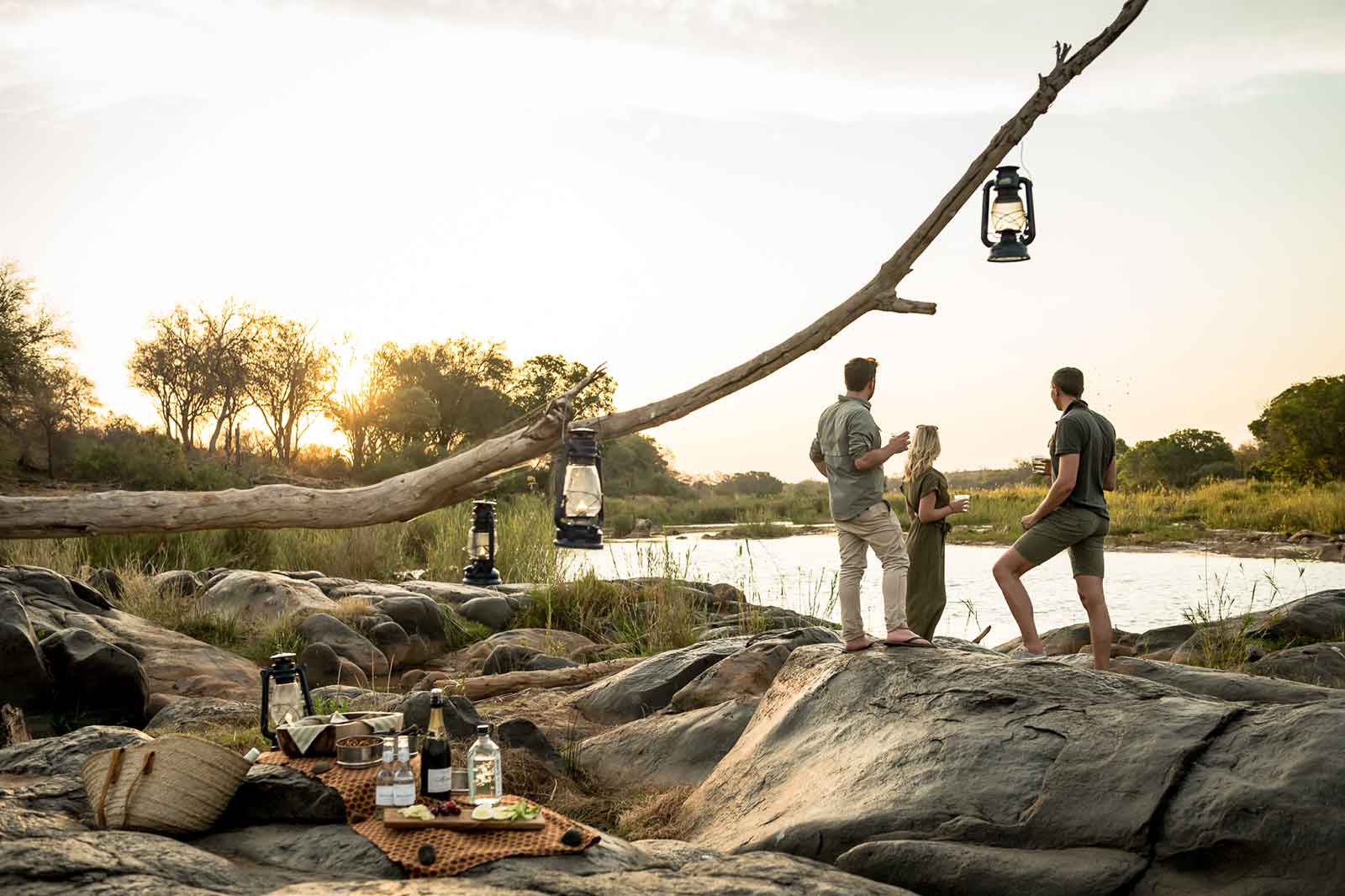
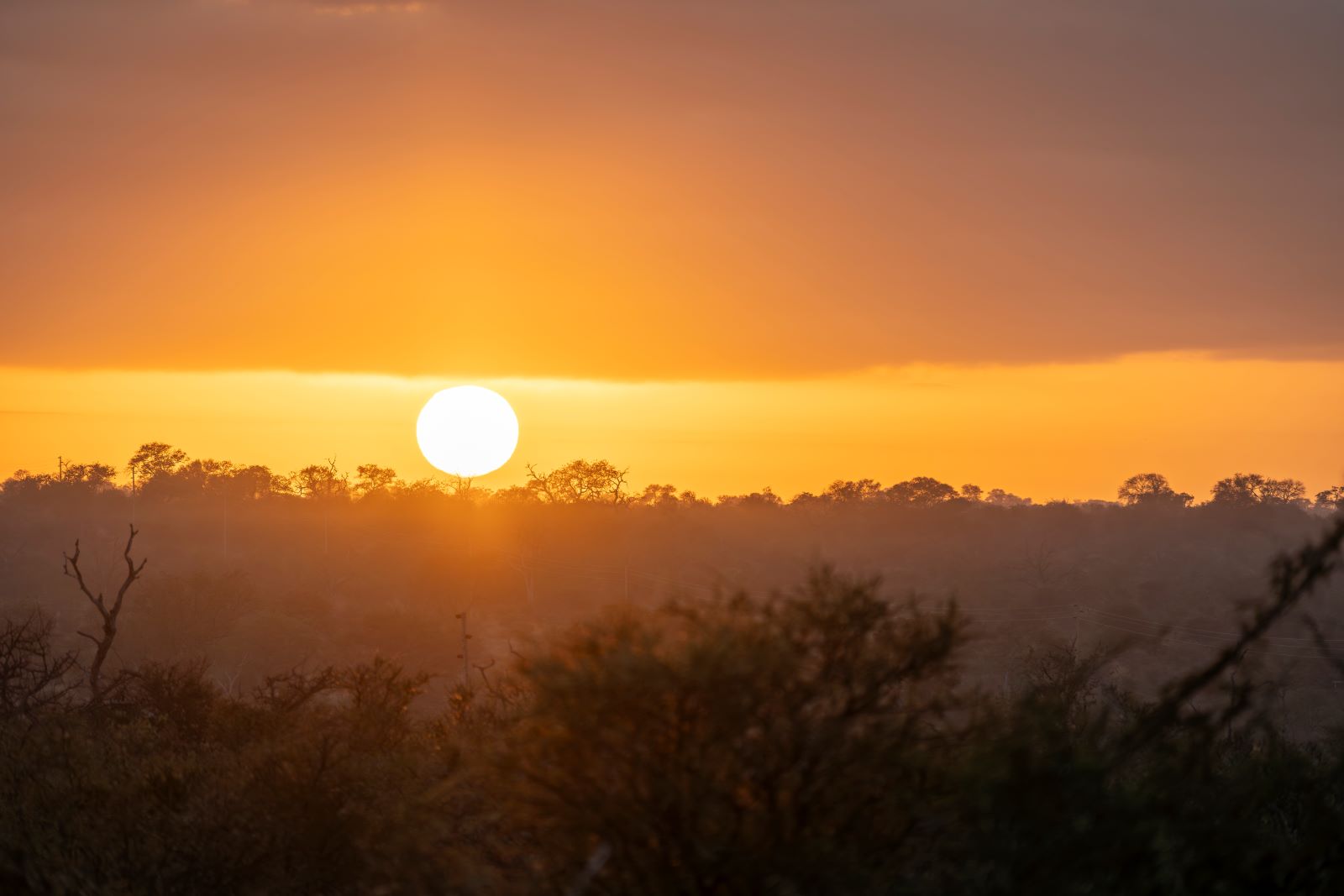
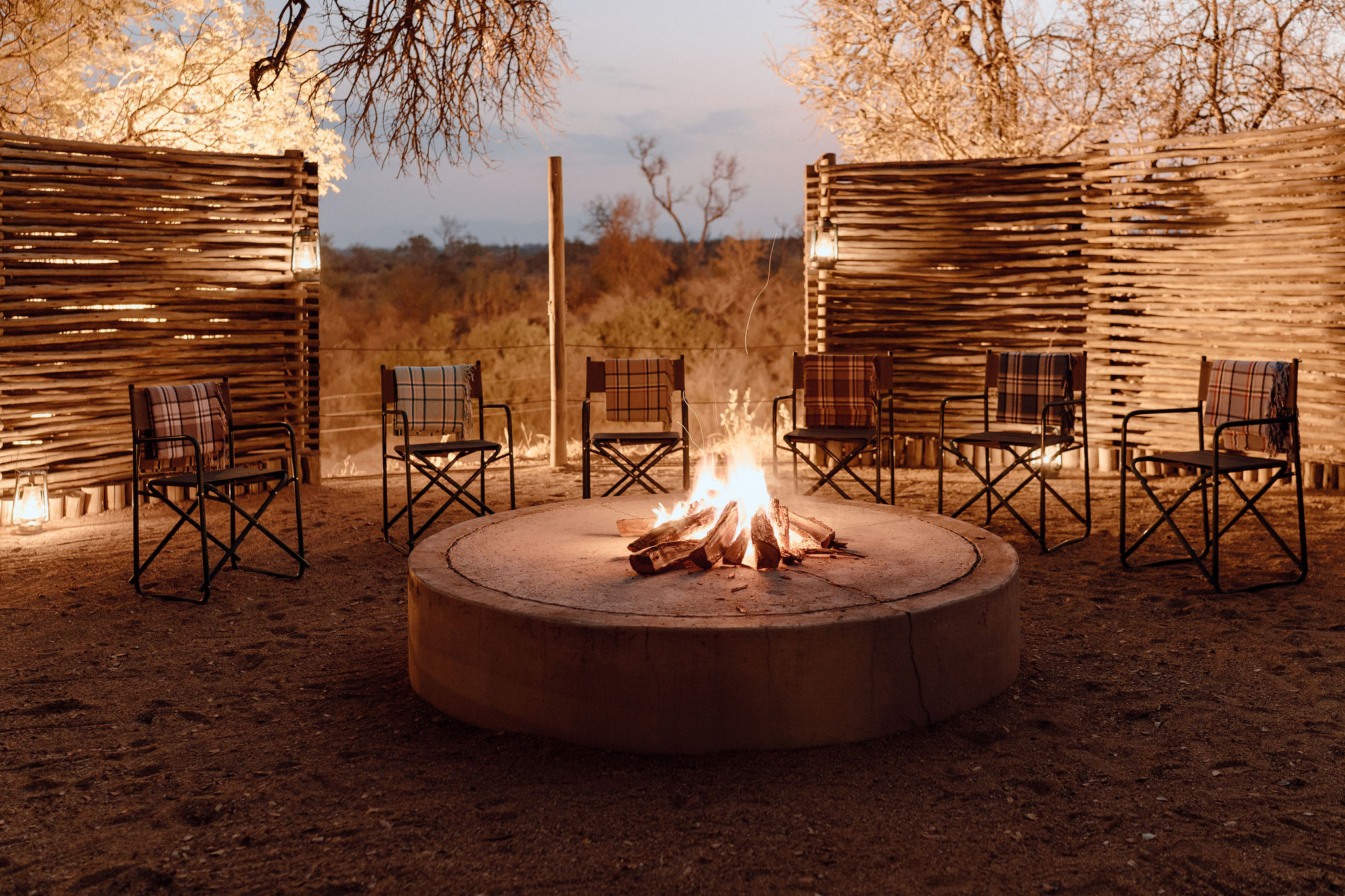
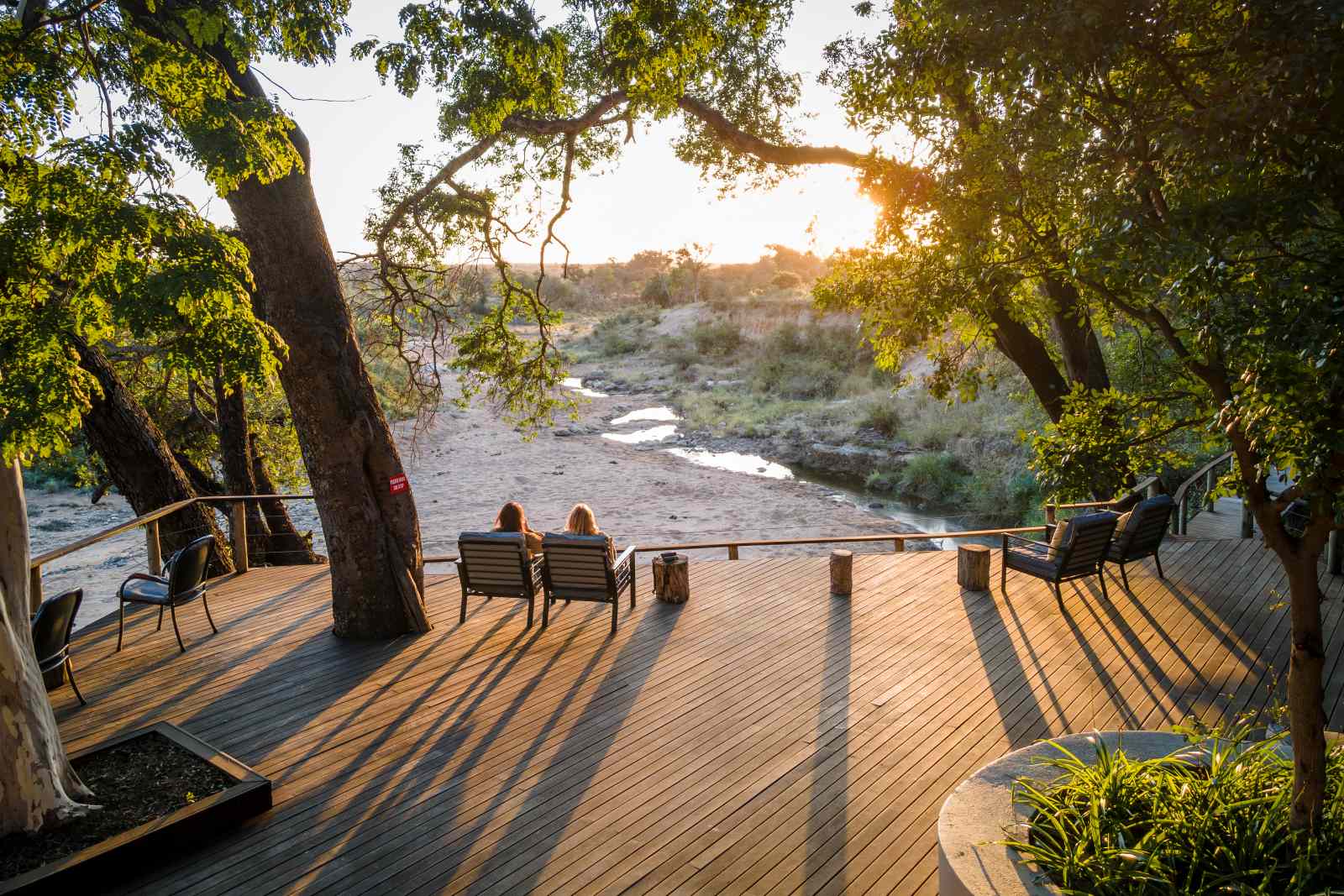
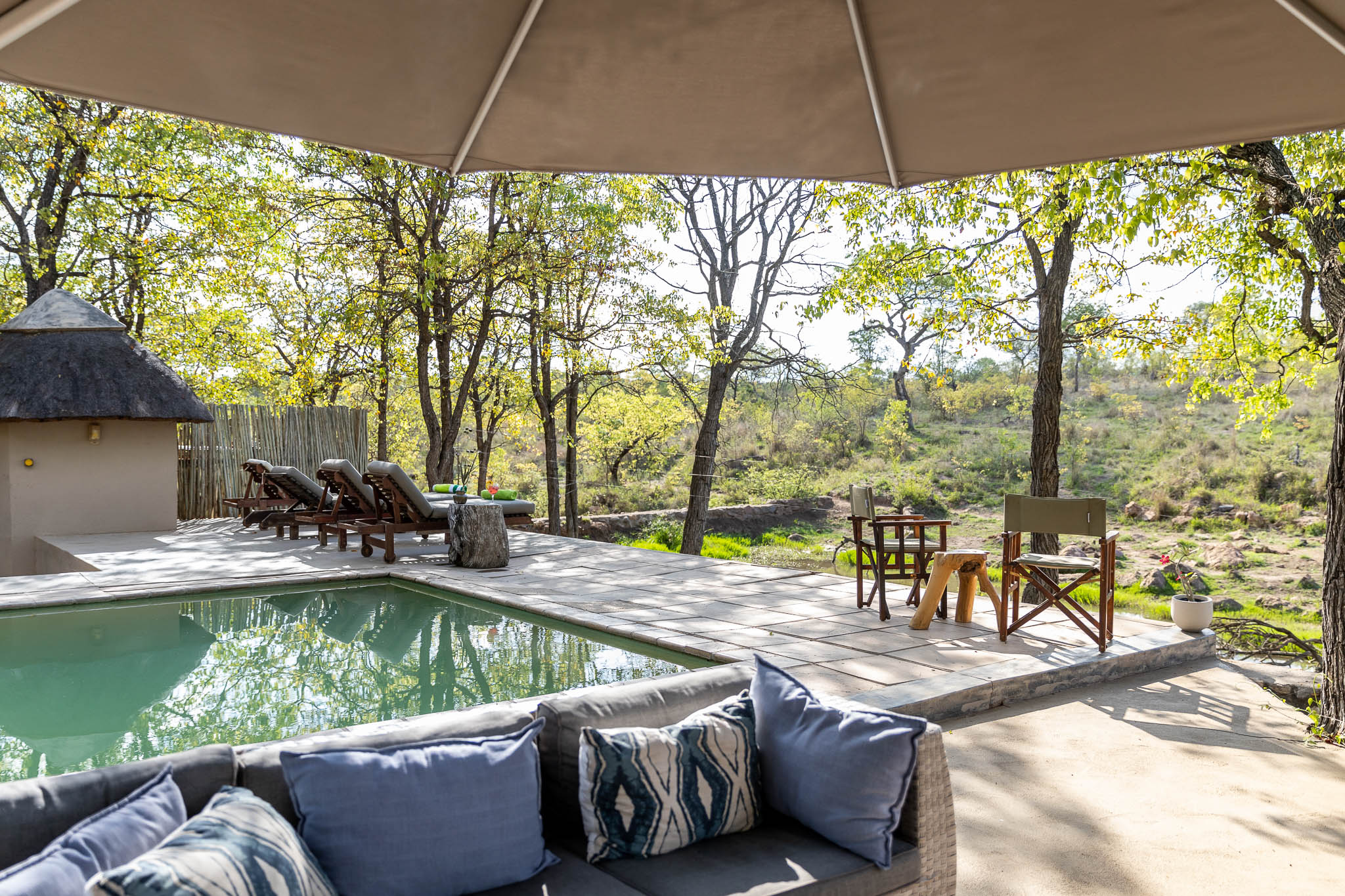
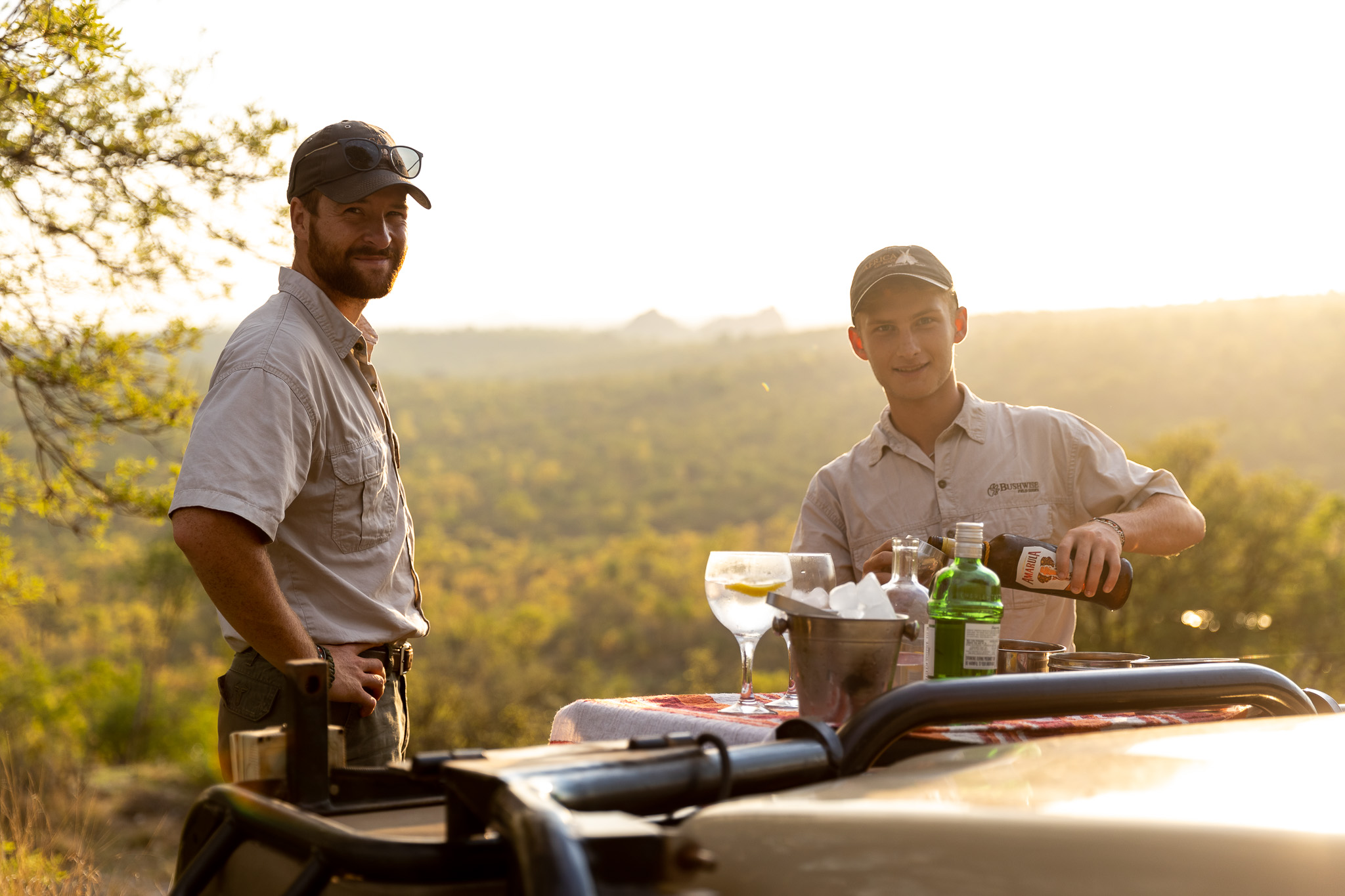
Leave a Comment